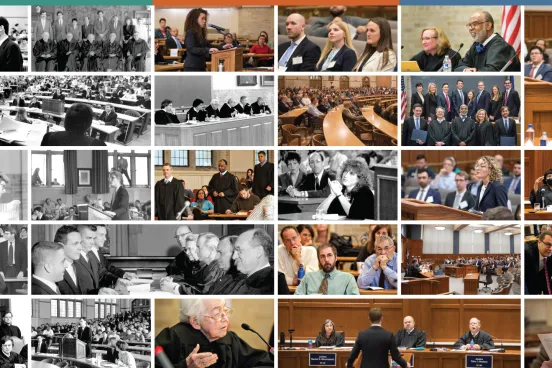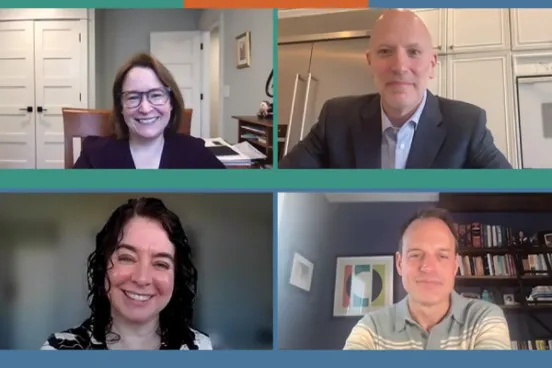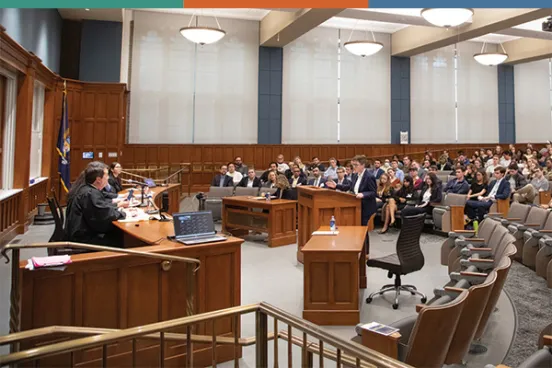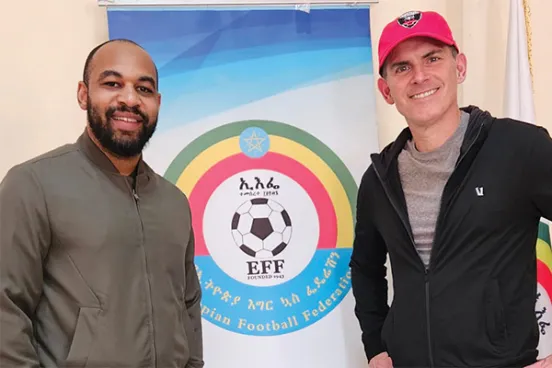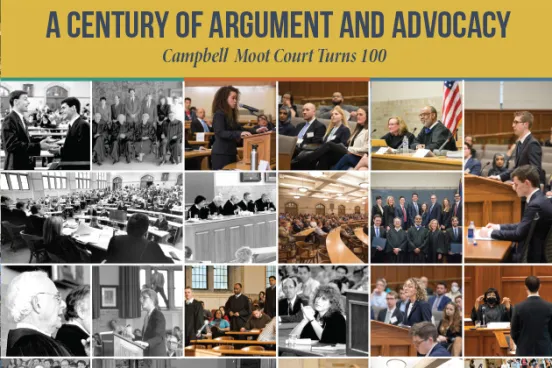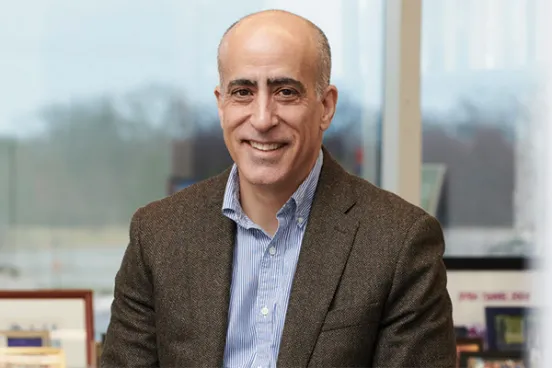Throughout history, many Americans with disabilities have been denied fundamental rights like attending school, holding jobs, and choosing homes. However, for as long as these inequalities have persisted, advocates for disability rights have fought back—including Aisha Elmquist, ’07, who leads a state government program in Minnesota that is tasked with helping those with disabilities live their best lives.
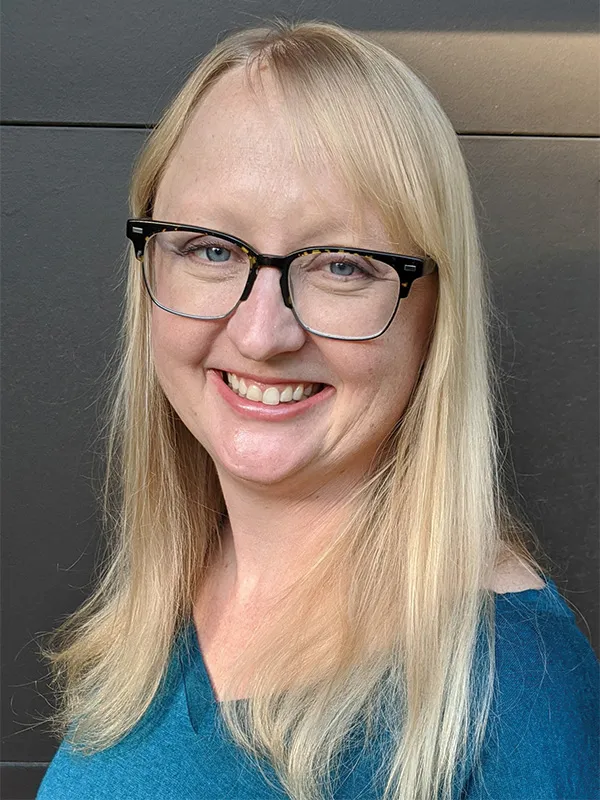
Decades of activism from the disability community and their allies led to the passage of the Americans with Disabilities Act (ADA) in 1990. The law was a significant milestone that prohibited discrimination against individuals with disabilities in all areas of public life. But many disabled Americans continued to be housed in nursing homes, psychiatric hospitals, and other institutions where they did not have a say in when they ate or went outside, or whom they could date or marry.
In 1999, the US Supreme Court decision in Olmstead v. L.C. affirmed the right of Americans with disabilities to live in the most integrated setting possible and concluded that people with disabilities have the right to receive state-funded support directly within their communities.
As a result of the decision, states across the country were advised to create their own Olmstead Plans: Minnesota rolled out its version in 2015. A decade later, Elmquist, in her role as director of the Minnesota Olmstead Implementation Office, is helping revise the state’s program to better address the current needs of disabled Minnesotans.
Shepherding greater collaboration
Elmquist is working across state agencies, alongside the state’s Olmstead Subcabinet and Leadership Forum, to update the Minnesota Olmstead Plan. She’s also actively engaging the community in the process.
“My career is shaped by a longstanding interest in who is at the table—and making that table accessible to as many people as possible,” she says. “Systems change is more impactful when diverse perspectives contribute to policy making, especially from those who are directly affected by the policies.”
Before working in state government, Elmquist most recently served as deputy ombudsman in the Minnesota Office of Ombudsman for Long-Term Care (OOLTC), a state agency that advocates for older adults who need or are already receiving long-term care.
Elmquist helped pass the Assisted Living Licensure Law in Minnesota in 2019 through her work at OOLTC. The law established regulatory standards governing the provision of housing and services in assisted-living facilities to help ensure the health, safety, well-being, and appropriate treatment of residents.
“Advocating for that legislation was an enormous moment for me,” she says. “I saw incredibly difficult situations before this law was put in place, like unnecessary evictions of people with advanced dementia, and Minnesota was the last state to implement assisted-living licensure. It’s beyond rewarding to know that effecting change in this way will prevent similar situations in the future for adults with disabilities of all ages.”
Aisha Elmquist, ’07My career is shaped by a longstanding interest in who is at the table—and making that table accessible to as many people as possible.
Supporting change from a young age
Elmquist spent much of her adolescence volunteering in nursing homes and getting to know elders in her local church community. She quickly became aware of the challenges older adults often face and the need for a greater focus on their health and quality of life, particularly regarding services and disability rights in long-term care facilities.
When Elmquist was only 12, she began writing letters to her local officials to better understand how decisions are made and policies are shaped. She received an invitation to her state capitol and was relieved to learn her questions and concerns were taken seriously by people in positions of power.
“I was intimidated but realized the importance of showing up even as a child. People were interested in what I had to say about the issues that were important to me and affected my life.”
When approaching projects like the next iteration of the Minnesota Olmstead Plan, Elmquist takes inspiration from a phrase that relies on the principle that policies and programs must include the affected people in the decision-making process: Nothing about us without us.
“Something I know better today than I did when I started my journey is when to step back and allow others to direct the change. The people most affected by the work should always be included.”


